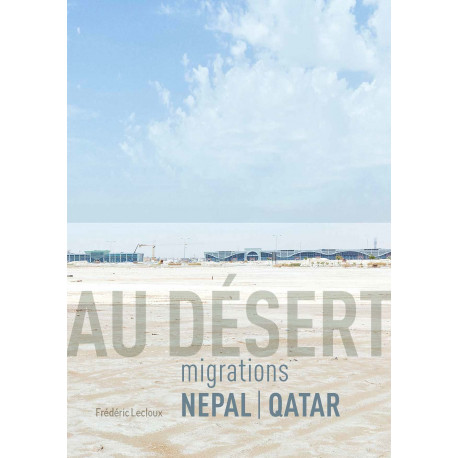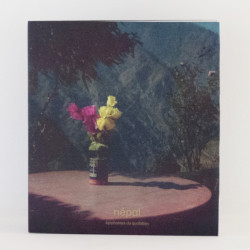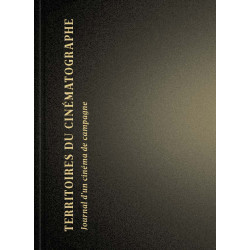No products
 View larger
View larger
Lecloux Frédéric
Au désert. Migrations Népal – Qatar
New product
A powerful document on the lives of migrant workers in Qatar, as the World Cup begins soon
- Le bec en l'air - Co-publication Amnesty France, 2022
- Photographs: Frédéric Lecloux
- Texts : Frédéric Lecloux and Ashmita Sapkota
- 72 pages - 24 x32 cm
- language : French / English
- 50 color photographs
- ISBN : 978-2-36744-176-4
3 Items
Warning: Last items in stock!
More info
In 2015, when construction of the 2022 World Cup infrastructure had begun in Qatar, 1,500 Nepali men were leaving one of the world's poorest countries every day to work abroad, with 20% of them migrating to Qatar. The financial flows generated by these migrant workers represented 30% of the country's GDP. But what is the cost of this additional income for which men accept to leave and their families support their absence? What is the human, social and societal cost? What is the cost to the men who left, to the families who stayed, to the villages, to the social fabric, to the nation? In 2016, in three districts of Nepal among the most affected by the exodus of men, Frédéric Lecloux interviewed and photographed mothers and wives whose sons or husbands had left to work in Qatar. He then went to Qatar where he managed to establish contact with the men of these families, and to visit them in their labor camps to share their daily lives and report on their tragic situations (violence, heat, loneliness, suicides, alcoholism, lack of care and security, segregation, authoritarian tutelage of employers...). In Qatar, 6,500 foreign workers have died since the country was awarded the World Cup. If soccer as a sport is not responsible for this situation nor for these deaths, by the worldwide aura it enjoys, it has the possibility to change the mentalities and the behaviors of the states. Through his knowledge of Nepal, Frédéric Lecloux sheds light on an undignified situation in the Persian Gulf, which is commented on by Ashmita Sapkota, a researcher at Amnesty International.




